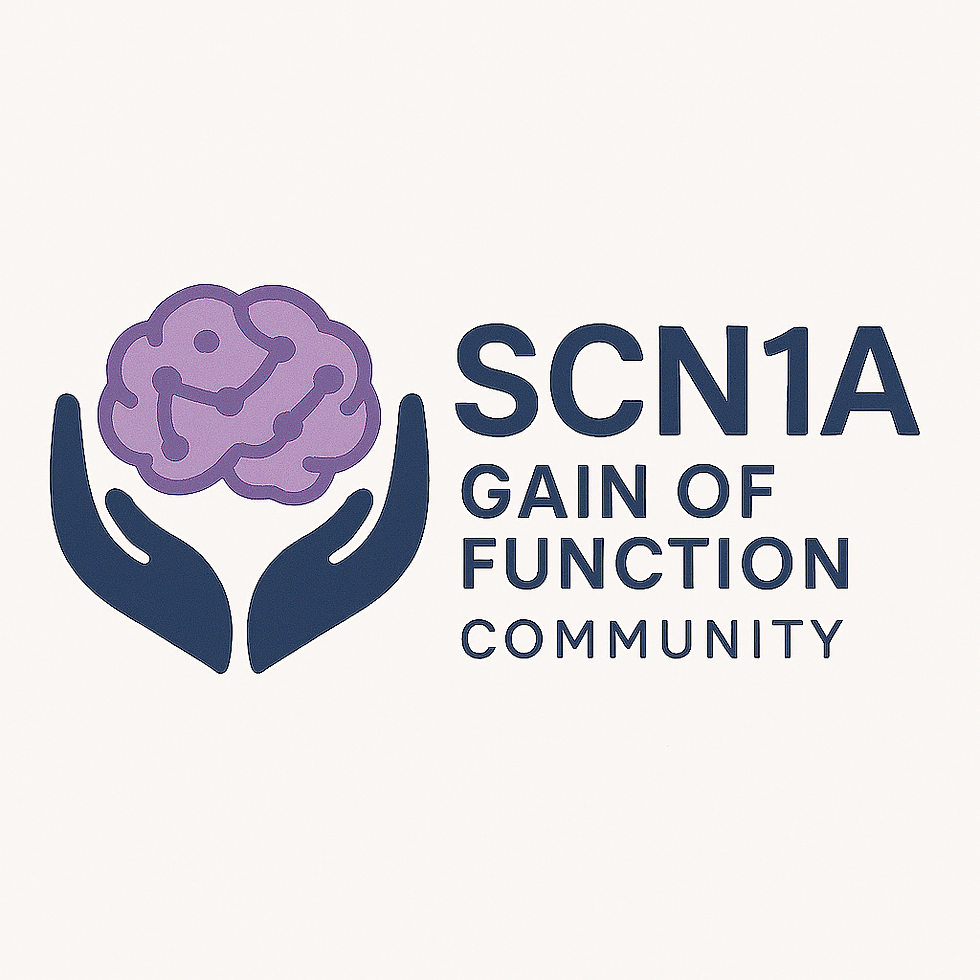Screening for Epilepsy in Newborns is Beneficial
- Deven Parasnis
- Sep 6, 2022
- 2 min read

This September marks the annual Newborn Screening Awareness Month. This month is dedicated to celebrating and raising awareness for newborn screening. Every newborn is tested for certain diseases and disorders after birth. Newborn screening is a public health service practiced in each state in the United States and each state decides which tests are required. With a simple blood test, medical professionals are able to check for many diseases and disorders which can lead to major health issues in the future, which allows doctors to immediately diagnose infants and start treatment accordingly. Newborn screening detects treatable conditions in about 1 in 300 babies born each year, a total of about 12,500 cases each year.
While there are a handful of diseases that newborns are tested for hours after birth, epilepsy is not one of the diseases that newborns are screened for. 100 out of 100,000 infants will suffer seizures, which may be difficult to identify. While it may be difficult to recognize seizures in infants, early detection is key. Seizures are more common in infants and elderly people than teenagers and adults. “The younger the epilepsy begins, the more likely we are to find a genetic cause that may help with treatment,” says Renee Shellhaas, M.D., a pediatric neurologist from C. S. Mott Children's Hospital in the University of Michigan.
Until newborn screenings are inclusive of epilepsy, doctors can use genetic testing or advanced imaging to help diagnose disorders and allow for early intervention. Because epilepsy is very common in the infant population, it is important that newborns are screened for epilepsy and other neurological disorders so that doctors can begin treatments to help prevent increased risks of disability or death.
Resources
Learn More About Newborn Screening Awareness Month
Learn More About Newborn Screening
Learn More About Studies Regarding Newborn Screening
#newborns #screening #month #medical #rare #epilepsy #seizures #childhood #rareepilepsynetwork #september #infants
Find your Rare Epilepsy Community
If you are diagnosed with a rare epilepsy, visit Rare Epilepsy Network’s 80+ members to find diagnosis specific information, education, support, and community. Meet the Members of the Rare Epilepsy Network YouTube Video
If you are aware of other valued resources or to provide updates or correct errors, please contact: info@rareepilepsynetwork.org.
Disclaimer: All resources are provided as a courtesy. We are not endorsing any organizations or providing medical advice.










Comments